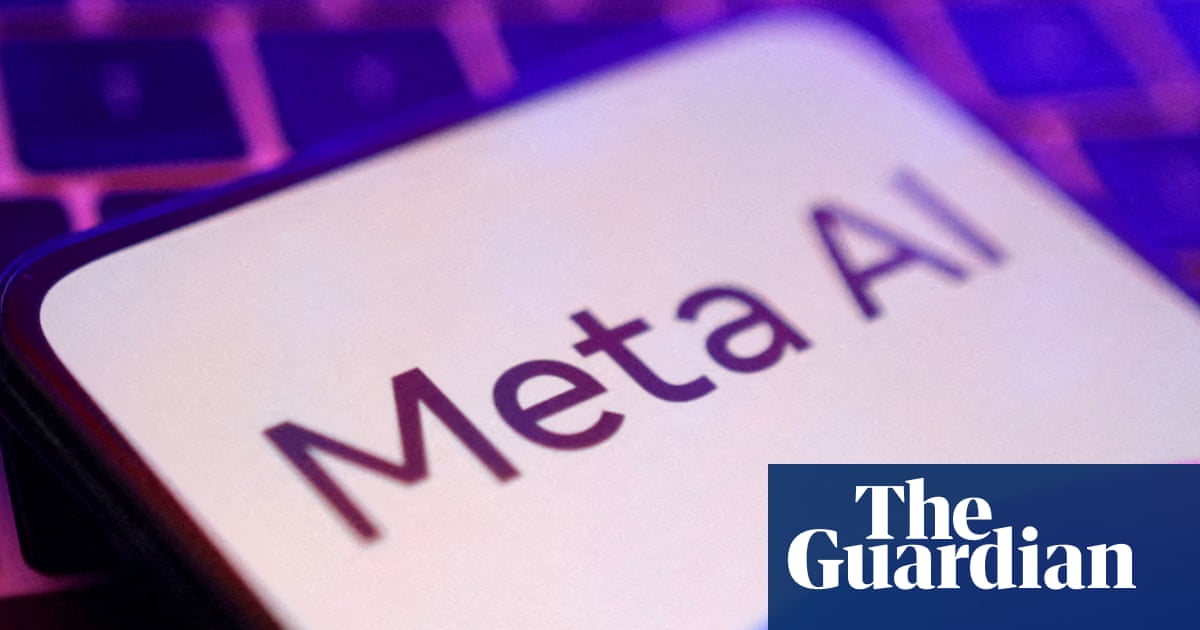A Landmark Victory for Meta: Navigating Copyright in AI Development
In a significant ruling, Mark Zuckerberg’s Meta has triumphed in a contentious copyright lawsuit brought forth by a collective of prominent authors, including the likes of Sarah Silverman and Ta-Nehisi Coates. This legal victory, marking the second in just a week for the US artificial intelligence sector, raises crucial questions about copyright laws in the age of AI.
The Lawsuit Details
The authors accused Meta of violating copyright law by utilizing their written works without consent to train its artificial intelligence system. This lawsuit is part of a broader landscape where creative professionals are increasingly asserting their rights against AI companies that leverage copyrighted content for technological advancement. In a parallel development, Judge Vince Chhabria of the US District Court in San Francisco ruled similarly in another case involving Anthropic, declaring that the company did not infringe on authors’ copyrights.
Fair Use Doctrine at the Forefront
Judge Chhabria’s decision hinges on the concept of "fair use." This legal doctrine permits certain uses of copyrighted material without prior permission from the copyright holder. In this case, the judge determined that the authors failed to substantiate claims that Meta’s usage of their works would lead to "market dilution." Essentially, he ruled that the potential impact on the authors’ market was insufficient to warrant a ruling against Meta.
Chhabria emphasized that this ruling is not a blanket approval of Meta’s practices. He noted that, under different circumstances, the use of copyrighted works for training AI models would indeed be illegal. His remarks hint at ongoing tensions in the creative industries regarding AI training. While he ruled in favor of Meta, he made it clear that there is room for future litigation from authors concerned about their work being exploited without recompense.
The Dissenting Perspectives
Critics of the ruling, including those representing the authors, maintain that Meta’s extensive use of copyrighted works constitutes unlawful appropriation. They argue that Meta’s practices reflect a pattern of “historically unprecedented pirating of copyrighted works,” denying creators the compensation they deserve for their intellectual property.
Furthermore, Judge Chhabria dismissed as "nonsense" Meta’s claim that disallowing unrestricted use of copyrighted material would harm the public interest or impede AI development. His conclusion resonated with concerns about AI systems leveraging copyrighted material to create new content that could undercut authors’ market viability. Chhabria poignantly remarked, “It’s hard to imagine that it can be fair use to use copyrighted books to develop a tool to make billions or trillions of dollars.”
Implications for the Creative Industry
The ruling underscores a growing divide between AI companies and creative professionals. While AI developers assert that their use of copyrighted works constitutes fair use, authors argue that the practice threatens their livelihoods by generating competing content that may not require the same level of creative effort. This conflict could evolve into a more significant battle as creative professionals seek to protect their rights against tech companies.
Chhabria’s ruling opened the door for further legal action from the creative sectors, indicating that while Meta may have won this round, the battle over copyright in AI technology is far from over. He noted that generative AI could potentially overwhelm markets with an abundance of content, raising concerns for the viability of traditional creative professions.
The Broader Context
Meta’s ruling reflects a critical moment in the ongoing debate around copyright in the era of artificial intelligence. As generative AI models become increasingly sophisticated, they rely heavily on vast datasets that frequently include copyrighted materials. This reliance opens the floodgates to litigation from writers, artists, and other creators, who feel their rights have been compromised in the name of technological progress.
With several lawsuits bubbling under the surface against AI companies like OpenAI and Microsoft, the landscape of copyright law is in a state of flux. Recent rulings are likely to resonate across various sectors, prompting renewed discussions about the intersection of technology and intellectual property rights.
Navigating the Future
As we look to the future, both AI companies and creative professionals will need to navigate these legal waters carefully. The implications of this ruling extend beyond Meta and Anthropic, signaling a potential shift in how AI developers approach the use of copyrighted materials. With the stakes at an all-time high, the evolving nature of copyright law will undoubtedly influence the trajectory of both AI technology and creative industries in the years to come.


